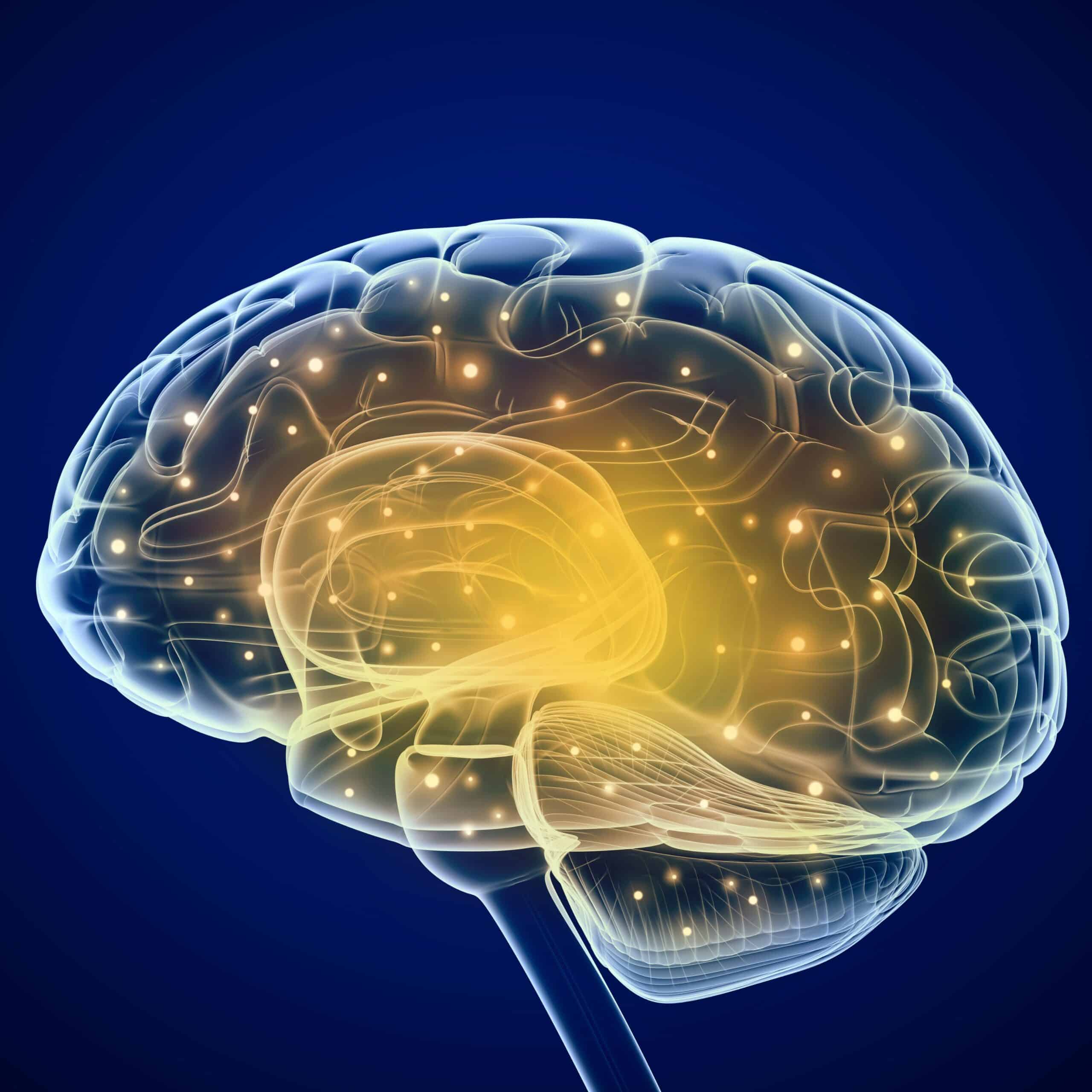Systematic review was conducted of 34 longitudinal studies to assess evidence available for upwards of 71,000 patients, which included patients with symptoms of depression and patients who were diagnosed with clinical depression. The decision was made at the beginning of the study to exclude patients diagnosed with dementia from analysis to more widely evaluate impacts of depression on cognitive ageing.
Rate of decline in overall cognitive function encompassing information processing speed, executive function, decision making, and memory loss in older adults was assessed by the study. It was found that among patients with depression there was greater decline in cognitive function during older adulthood when compared to people who did not have depression.
Findings are significant for early intervention given the long preclinical period before dementia is typically diagnosed since there isn’t a cure for the disease available currently. As populations are rapidly ageing numbers of individuals living with decreased cognitive abilities and dementia are expected to continue growing over the next 30 years in kind as the population continues to age. Researchers suggest that their findings from this combined with other studies should provide more reason for the government to take mental health issues more seriously and ensure health provisions are more properly resourced to better protect mental wellbeing of older populations and provide robust support services to individuals experiencing anxiety and depression as means to safeguard brain functions in later life.




